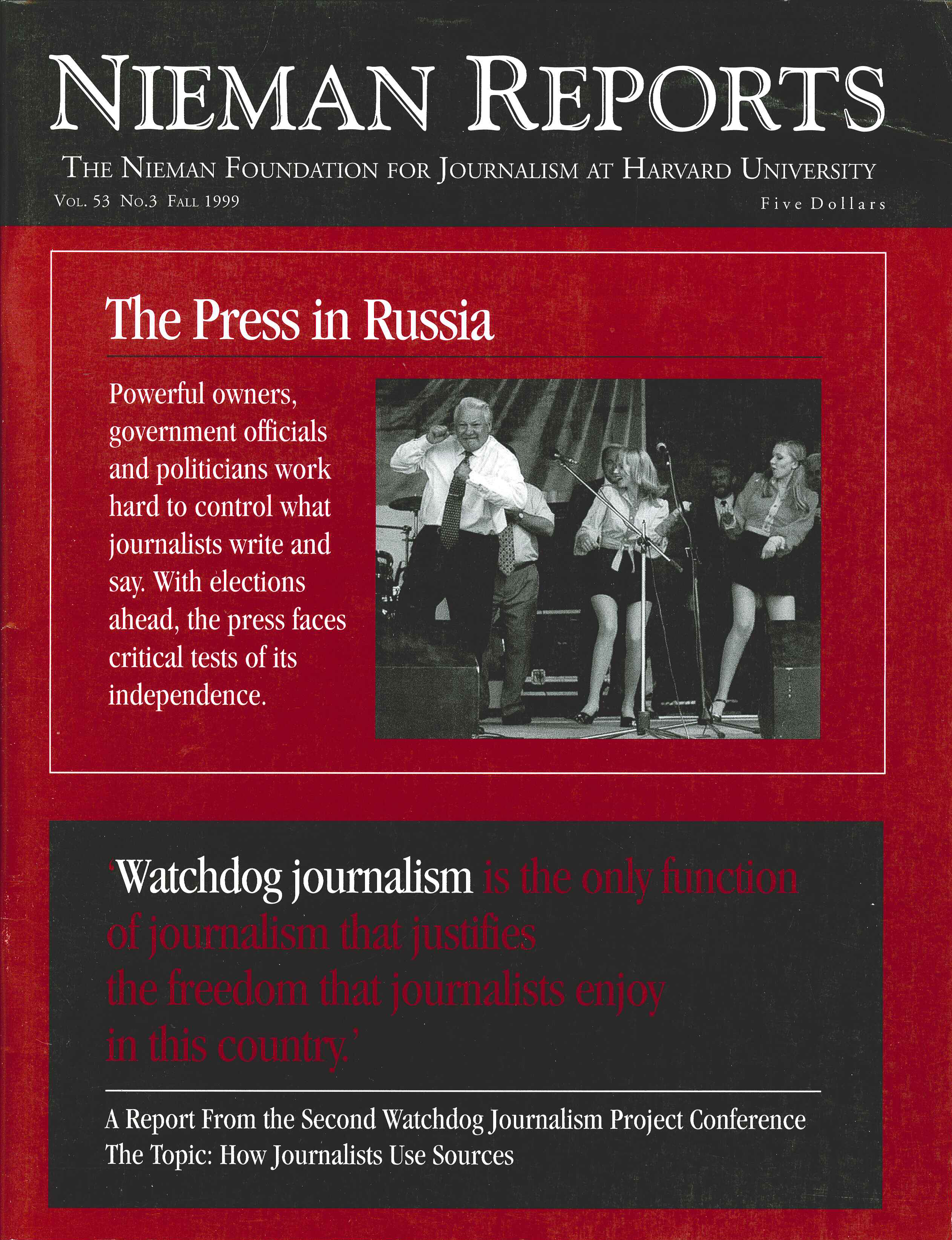Reporters sometimes devote months, if not years, to working with sources, researching and compiling information to prepare it for publication. Though what their stories reveal can be explosive and damaging to the parties involved and provide a basis upon which others can make changes in policy or practice, several journalists at the Watchdog conference described how their articles actually had little effect. Of course, there were exceptions.
Loretta Tofani: As a result of her series, Tofani said that the jail changed its policies, separating convicted criminals from the legally innocent and violent from nonviolent and also hired more guards and enforced rules about guards having a clear view. County residents approved a bond issue to build a new and larger jail. “Many fewer rapes happened as a result,” she said.
[After the story was published,] “It’s like people finally saw it. They all kind of knew it, but they really saw it. It’s like a frame was put on a picture that they didn’t quite get before, and once the people in the community saw it, they started calling up the jail, calling up the county executive, saying, ‘Do something about this. My son was arrested for drunk driving. My husband was in there on trespassing.’ Everybody was afraid suddenly for their husbands and their sons. Before nobody really made the connection. They thought the jail was for these murderers. That part was incredibly gratifying, that people woke up.”Doug Frantz: “I don’t think they’ve [members of the Church of Scientology] changed at all…. Nobody in Congress is willing to pick up the issue and go with it and ask the necessary questions about this tax exemption, about the circumstances behind it…. I could have made a career out of writing about Scientology, and I chose not to, and my editors, bless them, agreed…. Not much happened to me. There were private investigators poking around my house and photographing my wife and children…but it wasn’t anything I didn’t expect and it wasn’t anything that hadn’t happened in spades to lots of other people, including IRS officials.”
Susan Kelleher: “I was surprised because nobody really picked up the story and we thought it was an incredible story. The silence around the country was deafening.” [However, after the story broke, the accused infertility doctors were both indicted and fled the country. Both still practice infertility medicine, one in Chile, the other in Mexico. New laws against the theft of genetic material were enacted.]
Jim Tharpe: [The investigation of the Southern Poverty Law Center revealed that the Center never devoted more than 31 percent of money raised on its programs and sometimes spent as little as 18 percent, whereas most nonprofits devote closer to 75 percent to their charitable efforts. No blacks held top management positions at the nation’s richest civil rights organization, and 12 out of 13 current and former black employees cited racism at the Center.] Despite this, Tharpe said, the story “had very little effect, actually. I think the Center now raises more money than it ever has. The story really didn’t get out of Montgomery [Alabama] and that’s a real problem. The Center’s donors are not in Montgomery. The Center’s donors are in the Northeast and on the West Coast. So the story pretty much was contained in Montgomery where it got a shrug-of-the-shoulders reaction. We really didn’t get much reaction at all, I’m sad to say.”


